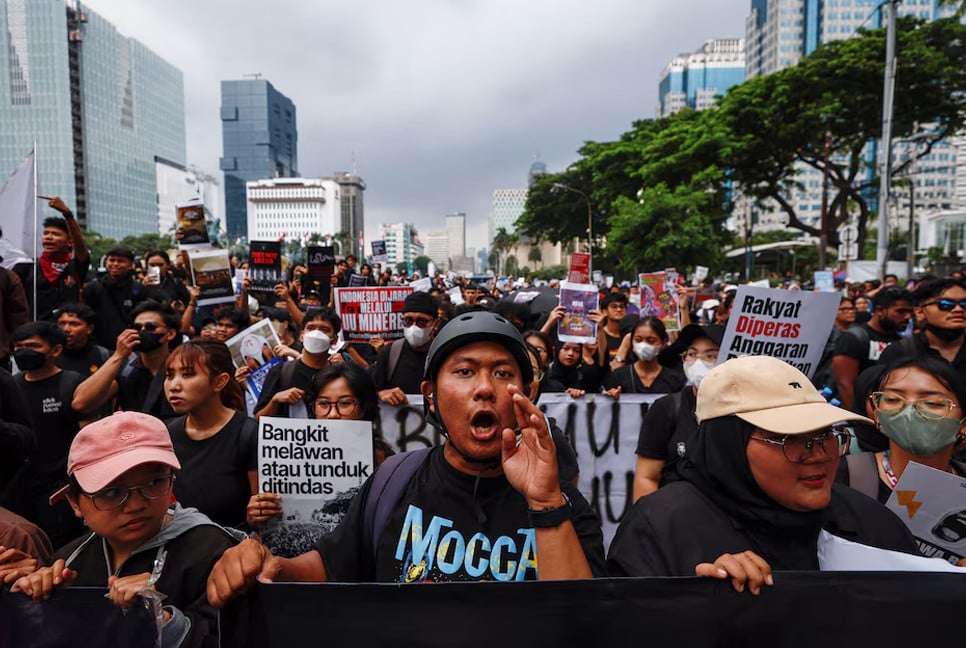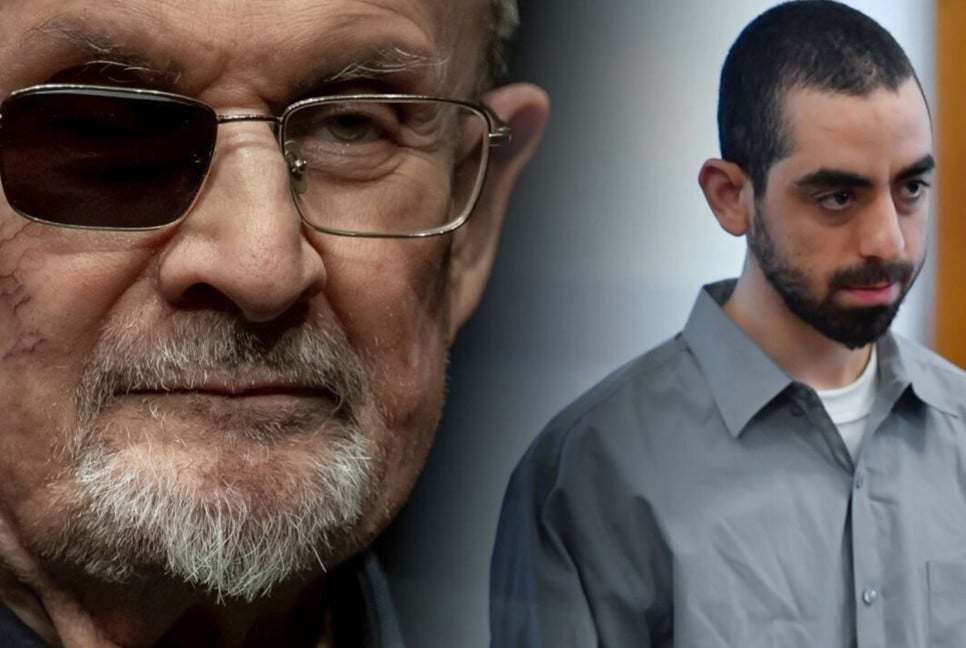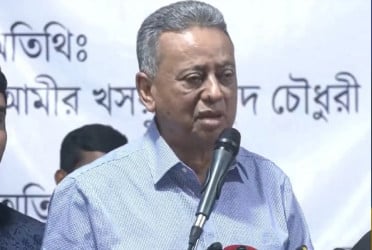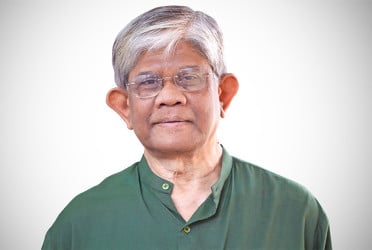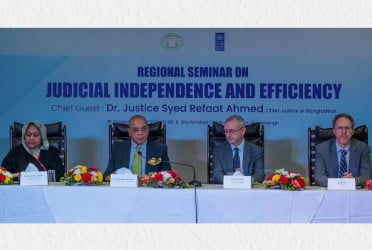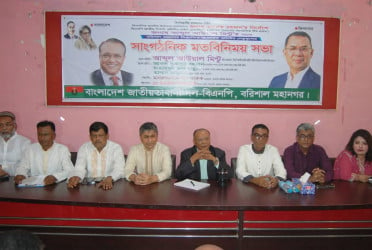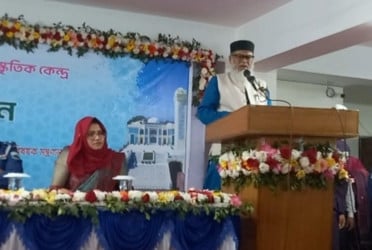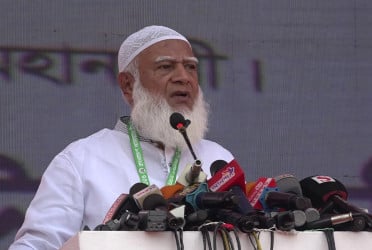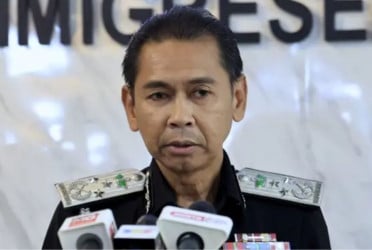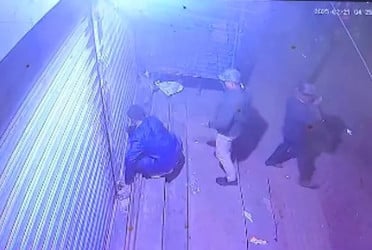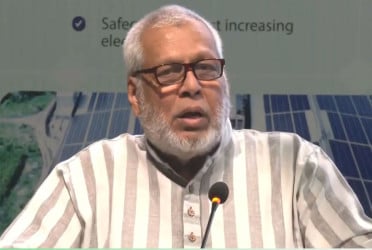Ousted Syrian president Bashar al-Assad broke his silence on Monday after fleeing Syria, saying that he only left once Damascus had fallen, and denounced the country's new leaders as “terrorists”.
He abandoned a country in which 70 percent of the population needs help, according to the United Nations aid chief, Tom Fletcher, who said in Damascus that he wants “a massive flow” of assistance into Syria.
Assad fled to Russia just over a week ago, as his forces abandoned tanks and other equipment in the face of a lightning offensive spearheaded by the Islamist Hayat Tahrir al-Sham (HTS) who reached the Syrian capital in 11 days.
The collapse of Assad's rule stunned the world and sparked celebrations around Syria and beyond, after his crackdown on democracy protests in 2011 led to one of the deadliest wars of the century.
Rooted in Syria's branch of Al-Qaeda, HTS is proscribed by several Western governments as a terrorist organisation, though it has sought to moderate its rhetoric and pledged to protect the country's religious minorities.
Long before the emergence of HTS and jihadist groups in the Syrian war, however, Assad consistently branded his opponents, including non-violent protesters, as “terrorists”.
“My departure from Syria was neither planned nor did it occur during the final hours of the battles,” said a statement on the ousted presidency's Telegram channel.
Five former officials had told AFP that Assad was already out of the country hours before the rebels seized Damascus.
Russia and Iran propped up Assad during the war.
“Moscow requested... an immediate evacuation to Russia on the evening of Sunday December 8” after he moved that day to Latakia, where Russia operates a naval base, the statement released in English said.
“When the state falls into the hands of terrorism and the ability to make a meaningful contribution is lost, any position becomes void of purpose,” it said.
His flight came after five decades of rule by his clan, which operated a complex web of prisons to detain anyone even suspected of possible dissent.
Bd-pratidin English/Tanvir Raihan


